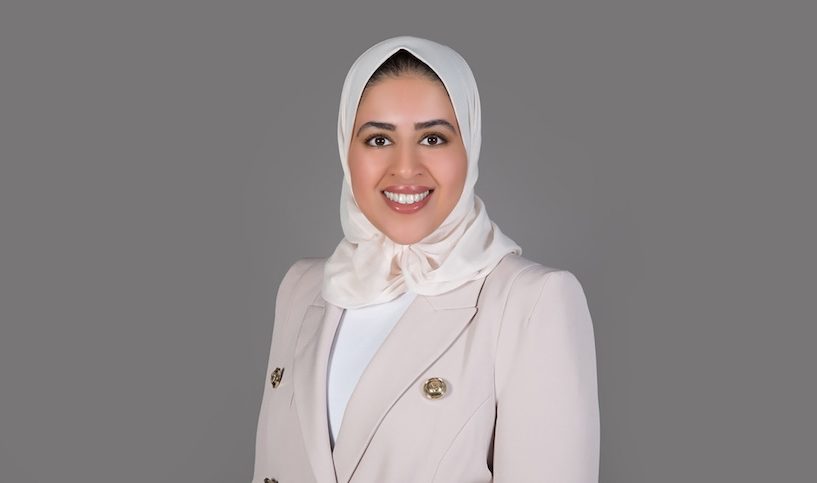Fanar AlObaid exudes calm and positive energy, a great trait to have when you are a career counselor. Her name also helps break the ice, Fanar, meaning the light in the lighthouse, is the first thing people are curious about. After that, the conversation just keeps going.
She has found her calling in helping other people chase their dreams as a career counselor. She explained to us that a career counselor is a person who guides those looking for aid in their career journey. Her services are not limited to fresh graduates, any jobseeker is more than welcome to benefit from the services she offers; CV writing/editing, 1:1 interview preparation and career coaching. “My previous clients have been people with different types and years of experience.”
Armed with a double major Bachelor’s degree in Marketing and Management, and currently in her last MBA semester, she thought her journey would be quite different. “As cliché as it may sound, I feel like I didn’t find this career; it found me. I started my first job as a Recruitment Officer, with my only exposure to Human Resources being an internship I had done during my undergraduate degree. I always thought I’d end up working in the field of marketing since I always thrived in being creative, and I had done three internships related to Marketing. Additionally, my MBA concentration is in Marketing. I believe that marketing is integrated in recruitment in different ways. A clear example of this would be employer branding and using recruitment marketing as a strategic approach to attracting top talent. A big factor that would entice an applicant to apply to a company would be knowing more about the corporate culture before joining, and one way to highlight this would be through employer branding,” she explained.
While many people think a recruiter is the one who determines whether you get the job or not, that is not true. They screen candidates and make recommendations to the hiring teams but it ultimately comes down to the hiring manager if they want to proceed with the candidate. A recruiter’s evaluation of the candidate plays a role, but it’s up to the candidate to win over the hiring manager! This makes her help invaluable in getting your foot in the door.
Many of us got a lot of advice when applying for our first job, from how to write our CV to what to wear for our first interview. However, most of it was probably outdated, irrelevant and possibly even detrimental. The benefits of working with a career counselor are clear; you will get customized advice for your situation and chosen field. Fanar explained the importance of a CV because the adage of “you never get a second chance to make a first impression” is the most relevant phrase when it comes to CV writing. A recruiter’s first impression of a candidate before they meet via phone call or in-person starts from the moment they review the CV. The most important thing people need to think about when writing their CV is to have a clear visual representation of themselves in one to two pages. Minor details such as spelling/grammar mistakes, exaggerated font sizes/colors, and not having a professional email address really play a big role when a recruiter decides to proceed with an applicant’s candidacy. Applicants need to keep in mind that recruiters look at many CVs daily, and you must grab their attention at first glance, or you could easily miss your opportunity to work at your dream job. She further told us that the interview is just as crucial to an applicant’s success. “It’s been said that it takes seven seconds for a person to make a first impression, and I would take this as a rule of thumb when it comes to interviews.
Appearance/dress code and arriving to the interview on time are the initial important factors to have a successful interview. It takes an average of five to ten minutes at the beginning of the interview for a recruiter to know if the candidate is fit for the job, so it is crucial for applicants to start off on a high note,” she elaborated.
Fanar’s top tips for getting ready for an interview
• Research the company
• Review the job description of the role you are applying to
• Prepare to answer common interview questions
• Prepare to answer specific details mentioned on your CV
• Plan what time you will arrive to the interview (taking parking and traffic into consideration) *Key tip: never arrive to an interview extremely early, 5 – 10 minutes before the interview time is the most ideal
• Prepare your own questions that you want to ask at the end of the interview
You can learn a lot from Fanar by following @resumesbyfanar on Instagram.








